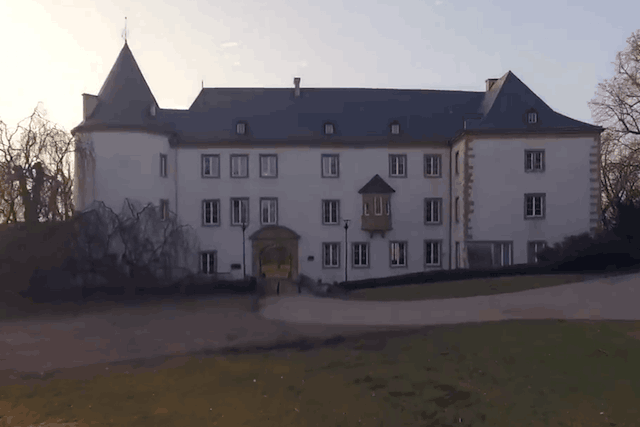Responding to a parliamentary question, education minister Claude Meisch said the visit was planned for the coming weeks.
The school near Lyon, which was founded by the late French chef Paul Bocuse, is a world reference for fine cuisine and gastronomic innovation. Each year it gives the Bocuse d’Or prize to an outstanding chef, laureates of which include Luxembourg-based chef Léa Linster.
“Our country’s gastronomy is often cited as a major asset of the country during tourism promotion workshops and seminars,” Meisch wrote, adding: “In order to ensure the sustainability of this high quality, the sector wants to benefit from the best chefs by offering training, which doesn’t yet exist. The creation of such an institute would enable us to reinforce our country’s gastronomy.”
The idea was first mooted by catering federation Horeca in a bid to promote the country’s gastronomy. At the opening of the Luxembourg Springbreak fair in March, secretary of state for economy Francine Closener announced the institute would be located at the castle in Sanem. She said it would be complementary to the Alexis Heck hotel school in Diekirch.
In his response, Meisch reiterated this message, adding that the institute would expand the training offer with higher education, lifelong training and specific courses related to food preparation. What is more, he said the project could breathe new life into Sanem castle, ensuring the historic building is maintained and publicly accessible through the creation of a showcase restaurant there.
Sanem castle was completed in 1557, though based on foundations that date back to the thirteenth century. Built in a Renaissance style, in the seventeenth century it was occupied by Polish troop and served as the residence of Victor de Tornaco, Luxembourg prime minister in 1860. The castle was taken over by the state in 1972 when its owners faced financial difficulties. Today it serves as a children’s home and houses research and documentation centre the Centre Virtuel de la Connaissance sur l’Europe.
The question was posed by the CSV MP Martine Hansen.
